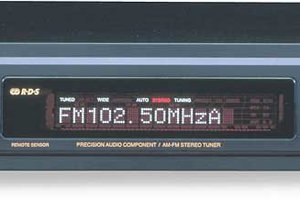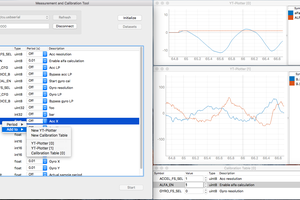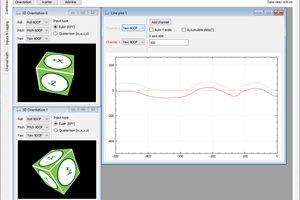This project is currently active on Kickstarter and you can view the project here.
What is the Ultimate Serial Port Tool?
USPT is a combination of hardware and software which connects up to 4 serial port analyzers thru a single USB cable to a PC. One version is geared towards UART development which is still a very prevalent interace in cellular modems, GPS modules, WiFi modules, Bluetooth modules and others. Particularly with UARTs, there is no single tool which can correlate both the Tx and Rx signals in time with respect to each other. Another version is geared towards SPI and I2C development which would be more useful for interfacing to serial memories or interprocessor connections.
The power behind UPST lies in the software interface which has the ablity to view data in many different scenarios such as timeline, packet sequence, byte timing ASCII, HEX, binary, and mixed modes. Log files can be captured over a period of time and opened up at a later time with full timing information as if the capture had just occurred. Data can be filtered by value, sequences or timing and can even be used to set up triggers which act like bookmarks so you can easily find specific data which may have been captured over a long 3 day weekend. With the correct hardware design, data can be injected into either Tx or Rx wires right from the PC and the results can be monitored in real time.
We designed UPST as a tool that you can use to troubleshoot your projects in real time whether it is a data collection gateway, a sensor fusion chip, an SD card or a BTLE module. You can monitor data over long periods and get a better picture of what is happening in your design.


 Keith
Keith
 osannolik
osannolik
 Kevin Lhoste
Kevin Lhoste
 Vedran
Vedran
fgcgghbgvhfgyhhggh